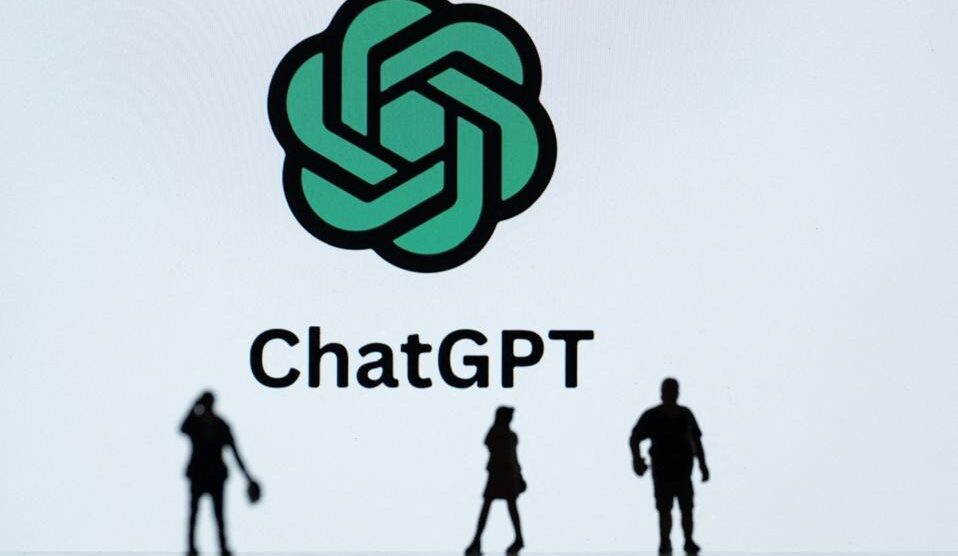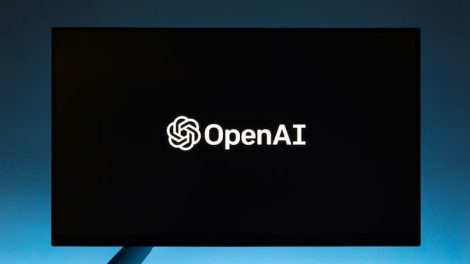Business Tech News -powered search tools is creating ripples across the digital economy, signaling a potential transformation in how online businesses operate and how advertising strategies are formulated. This shift brings opportunities but also challenges, raising concerns among businesses heavily reliant on search engine traffic. By offering a conversational approach to retrieving information, this AI-driven search experience may disrupt established online ecosystems, leaving many to question how best to adapt.

In exploring this development, it becomes evident that the implications for online commerce, content creators, and search-based advertising are profound. ChatGPT’s ability to summarize, analyze, and present information in a human-like manner poses an existential question Will traditional online businesses survive this shift, or will they need to evolve their models to stay relevant?
The Impact on Search-Driven Traffic
Businesses that thrive on search-driven traffic face a complex challenge with the rise of ChatGPT-powered search. Traditional search engines like Google rely heavily on directing users to specific websites to find information. This traffic forms the backbone of online advertising revenue, enabling content creators and businesses to monetize their web presence.
ChatGPT, however, changes the dynamic. Instead of directing users to external websites, it provides direct answers within the search tool itself. This feature reduces the need for users to click on links to find information, potentially diverting significant traffic away from websites. The consequences for businesses that depend on ad revenue or affiliate marketing are severe, as their visibility and revenue streams become increasingly constrained.
For example, if you run an e-commerce store, the shift could mean fewer visitors reaching your website through traditional organic search. Instead, customers might receive product recommendations directly through AI-generated answers. While this may streamline the user experience, it erodes the traditional sales funnel and necessitates rethinking strategies for customer acquisition.
The Role of Advertising in an AI-Driven World
Search engine advertising, a cornerstone of digital marketing, is equally vulnerable to disruption. Advertisers have long relied on platforms like Google Ads to target users actively searching for products or services. ChatGPT’s search model alters this equation by reducing users’ interaction with search engine results pages (SERPs), where ads typically appear.
To adapt, advertisers may need to explore alternative methods of reaching their audiences. Integrating product placements and recommendations directly within AI-driven answers could become a viable option. However, this approach raises ethical and regulatory questions. Transparency and user trust will play a pivotal role in determining how advertising evolves within this new framework.
Moreover, businesses will need to recalibrate their strategies to optimize for conversational AI rather than traditional keyword rankings. This shift requires a deeper understanding of how ChatGPT interprets and prioritizes information, compelling companies to refine their messaging and content strategies.
Key Differences Between Traditional Search and ChatGPT-Powered Search
| Aspect | Traditional Search | ChatGPT-Powered Search |
|---|---|---|
| User Interaction | Relies on SERPs and external links | Provides direct answers in a conversational format |
| Traffic Source | Drives users to external websites | Reduces the need for external clicks |
| Advertising Model | Ad placements within SERPs | Potential for embedded ads within responses |
| Content Optimization | Focus on keyword rankings | Requires conversational and contextual optimization |
| Revenue Implications | Monetized through traffic and ads | Potentially reduces traffic, affecting ad revenue |
The Adaptation Strategies for Online Businesses
To navigate this evolving landscape, businesses must adopt strategies that align with the conversational search paradigm. Content optimization is one such approach. By focusing on providing concise, accurate, and conversational content, businesses can enhance their chances of being featured within ChatGPT’s responses.
Another strategy is embracing partnerships with AI platforms. Collaborating with developers of AI tools to ensure your brand is accurately represented in search results is vital. This collaboration may include providing structured data, APIs, or other resources to ensure AI-generated responses include relevant and up-to-date information about your offerings.
Diversifying revenue streams is also essential. Businesses that have relied solely on ad revenue must explore alternative models, such as subscriptions, direct sales, or premium content offerings. Building brand loyalty and fostering direct relationships with customers can help mitigate the impact of reduced search-driven traffic.
Broader Implications for the Digital Economy
The rise of ChatGPT-powered search is part of a broader trend towards AI-driven personalization. While this technology enhances user experience by delivering faster and more accurate results, it also raises concerns about data privacy, monopolization, and the concentration of power among AI developers.
Content creators face a particularly precarious situation. If AI tools extensively use their material without directing traffic back to original sources, it undermines their ability to sustain operations. Protecting intellectual property rights and ensuring fair compensation for content creators must be part of the conversation as this technology evolves.
For you as a user, the transition to AI-driven search offers both convenience and complexity. The convenience lies in having detailed answers at your fingertips. The complexity stems from discerning the accuracy and neutrality of AI-generated content, especially when commercial interests influence the responses.
A New Era of Search and Commerce
As ChatGPT-powered search tools gain traction, the business ecosystem must adapt to a new reality. This transformation calls for innovative approaches to marketing, content creation, and revenue generation. While the challenges are significant, they also present opportunities for forward-thinking businesses to reimagine their models and thrive in this AI-driven era.
The onus is on staying informed about how this technology impacts their search experiences and ensuring they use it critically and responsibly. In this rapidly changing environment, the balance between technological innovation and ethical practices will define the future of online interactions and commerce.










Add Comment